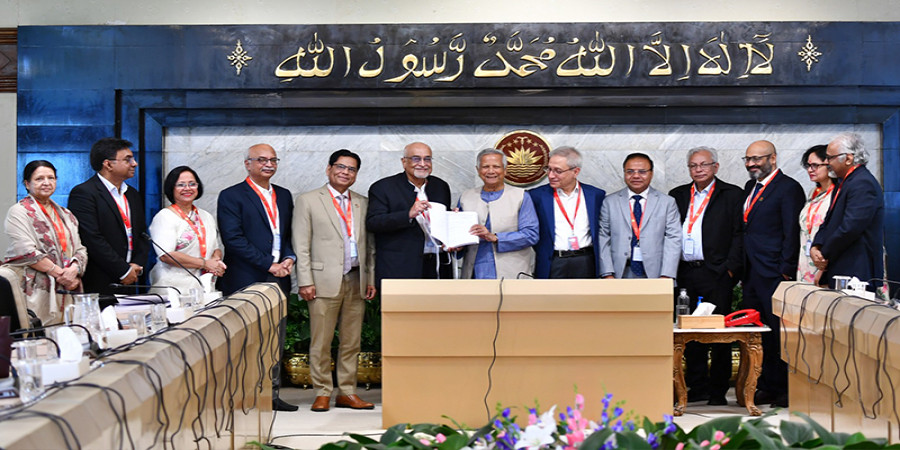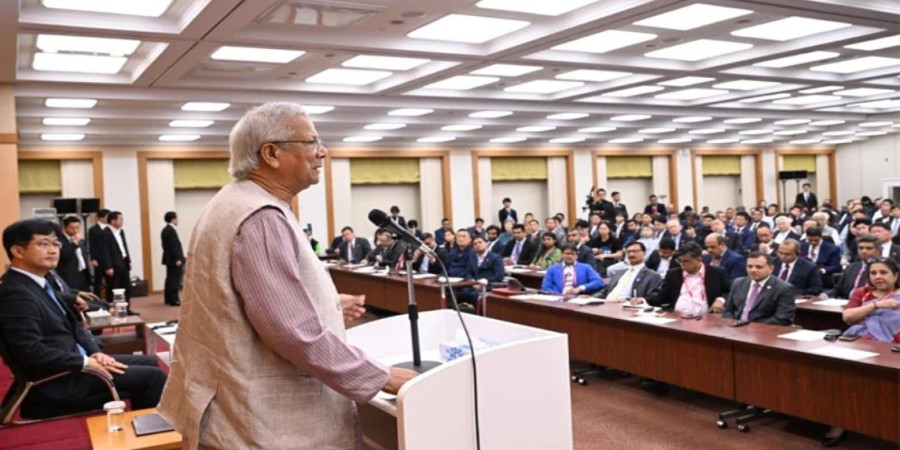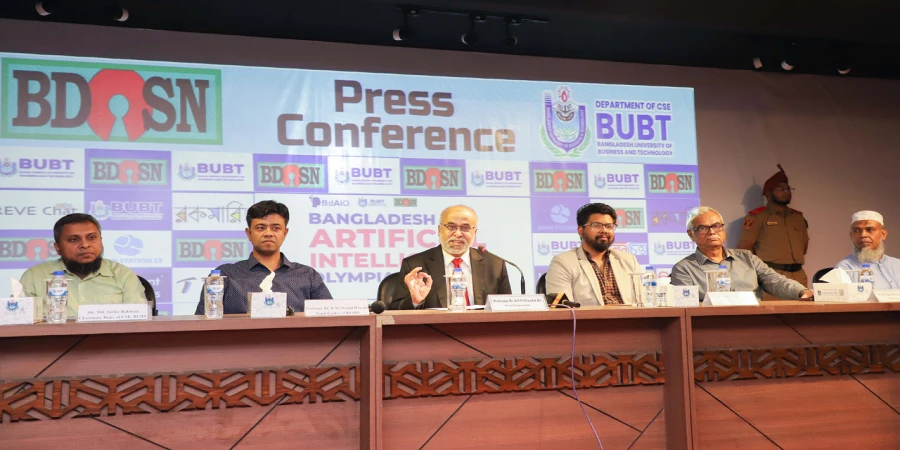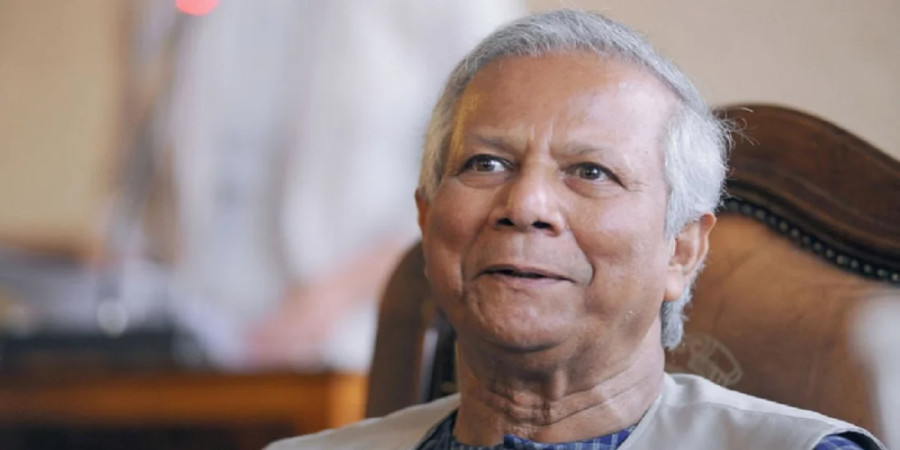
ছবি: The White Paper Committee on Bangladesh's Economy hands over its report to the Chief Adviser | Photo: Chief Adviser's Press Wing
A staggering $16 billion is estimated to have been laundered annually from Bangladesh during Sheikh Hasina’s tenure as Prime Minister, according to a report by the White Paper Committee on Bangladesh’s economy. This shocking revelation was presented on Sunday, December 1, as the committee submitted its findings to Chief Adviser Dr. Muhammad Yunus.
Led by prominent economist and CPD Fellow Dr. Debapriya Bhattacharya, the committee handed over the report to Dr. Yunus in a formal ceremony at the Chief Adviser’s office. The comprehensive report highlights rampant corruption, large-scale financial irregularities, and institutional mismanagement that characterized Hasina’s administration, painting a grim picture of the nation’s economic health.
"A Historical Document": Yunus Lauds the Committee’s Effort
Dr. Yunus praised the committee’s work, calling it a “historic document” that sheds light on the fragility of the economy inherited after the July-August uprisings. He stressed the importance of making the findings public, suggesting that it should even be included in educational curricula to educate future generations.
“Our hardworking people’s money was looted in broad daylight,” Dr. Yunus said. “What’s even more distressing is that this plundering occurred so openly that it silenced many of us who should have stood against it. International financial monitoring institutions also remained largely silent on the issue, even as these atrocities unfolded during a regime of fear.”
Findings Reveal Widespread Corruption
The 400-page report, divided into 30 chapters, delves into how crony capitalism flourished under the administration. It details how oligarchs controlled policymaking and exploited the system for personal gain.
Dr. Debapriya Bhattacharya emphasized that the committee worked independently, free from governmental influence, to compile the report. “The problem is deeper than we initially anticipated,” he said, highlighting how corruption was institutionalized across major projects and economic sectors.
Costly Projects and Economic Mismanagement
Dr. Mustafizur Rahman, a committee member, provided insights into 29 major development projects, seven of which were analyzed in detail. These projects had a combined expenditure of $87 billion (Tk 7.8 lakh crore), with individual project costs inflated by over 70% due to irregularities.
For instance, seven projects initially estimated at Tk 1.14 lakh crore ballooned to Tk 1.95 lakh crore due to inflated land prices, unnecessary additions, and procurement discrepancies.
Dr. Rahman also suggested initiating legal proceedings to hold those responsible for financial crimes accountable.
Development Spending and Tax Evasion
Committee member Dr. A.K. Enamul Haque revealed that over Tk 7 lakh crore was spent under the Annual Development Program (ADP) during the last 15 years, of which 40% was embezzled by bureaucrats.
Another committee member, Dr. Mohammed Abu Yusuf, pointed out that tax exemptions during Hasina’s regime equaled 6% of the nation’s GDP annually. Reducing these exemptions by half could have doubled the education budget and tripled the health budget.
Electricity Sector: A Hub of Financial Mismanagement
Dr. M. Tamim, another committee member, highlighted irregularities in the power sector. He noted that $30 billion was invested in electricity production, and if just 10% of this amount involved illicit transactions, it would total at least $3 billion.
Call for Accountability
The committee’s findings have sparked calls for reforms and justice. Dr. Yunus stated, “The depth of the corruption uncovered in this report demands accountability. Our nation must take steps to ensure such financial atrocities are never repeated.”
The report also underscored how unchecked crony capitalism contributed to policy distortions, creating a system where the few prospered at the expense of the many.
A Path Forward
Among the dignitaries present during the report’s submission were Economic Adviser Dr. Salehuddin Ahmed, Bangladesh Bank Governor Ahsan H. Mansur, Chief Secretary Siraj Uddin Sathi, and Senior Secretary Lamia Morshed.
As the nation digests the shocking revelations, the report serves as a wake-up call for policymakers, citizens, and global watchdogs alike. With recommendations for systemic changes and increased transparency, the White Paper could be a critical step toward a more accountable and equitable economic framework.
repoter






